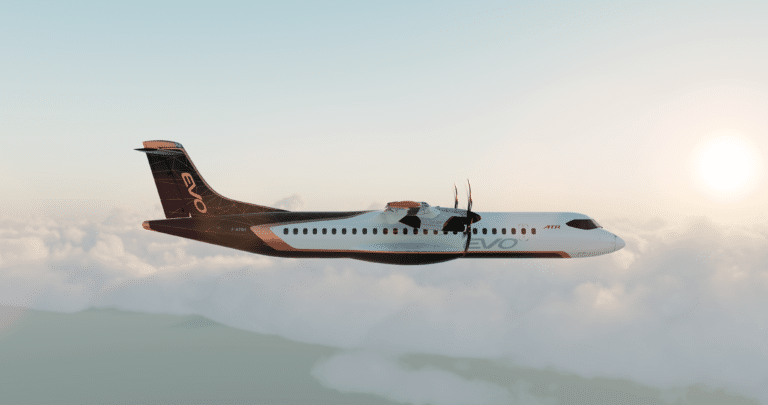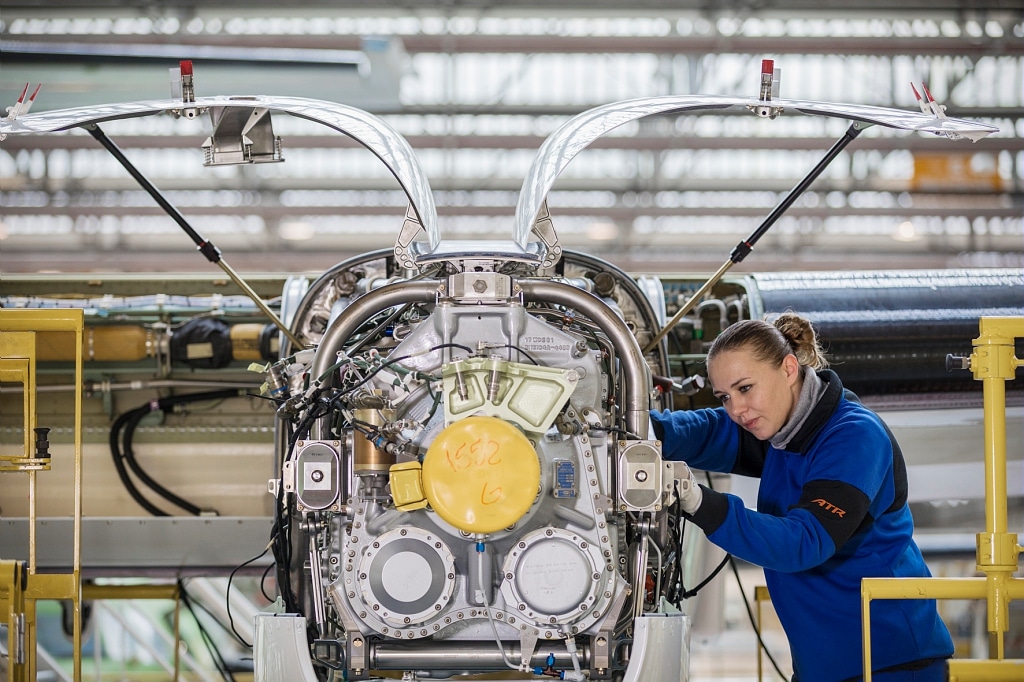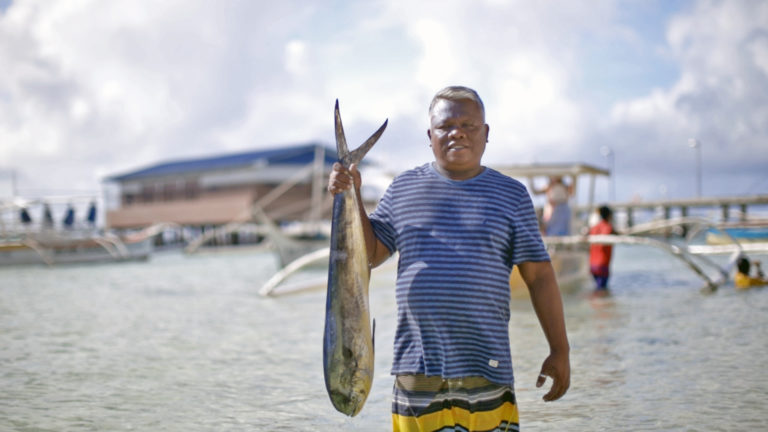International Women’s Day – Committed to increasing the number of women in aerospace
To mark International Women’s Day (8 March), ATR pays tribute to the women pioneers of aerospace, and to all those who fight to boost the number of women in this seemingly male-dominated world. The story of women’s long march forward in the world of aerospace.
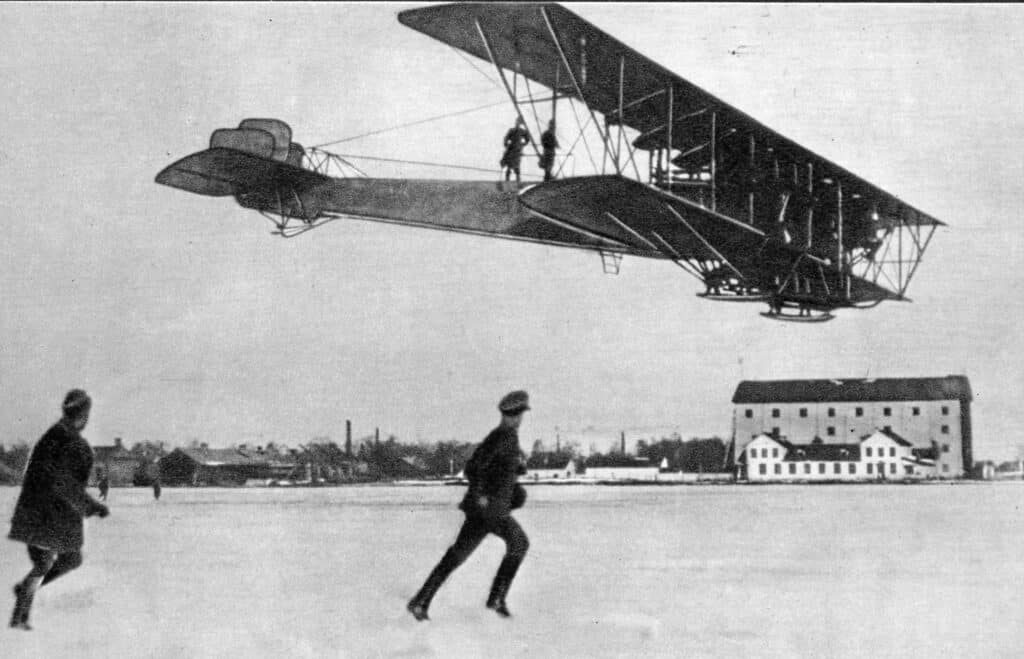
It was 8 March when the 1st female pilot obtained her licence
Her name probably rings no bells, and yet: Elisa Deroche become the world’s first licensed female pilot on 8 March 1910. This milestone event, which coincides with International Women’s Day, has proved to be premonitory. More than a century later, women are increasingly gaining ground in the world of aerospace and in society in general. This French aviator was to achieve numerous feats. In 1913, she completed the longest flight by a female pilot, covering 323 kilometres. Six years later, in June 1919, she set the altitude record, at 5,150 metres. This passionate, resilient women survived several accidents. In a cruel twist of irony, she died in flight as a passenger, aged just 36.
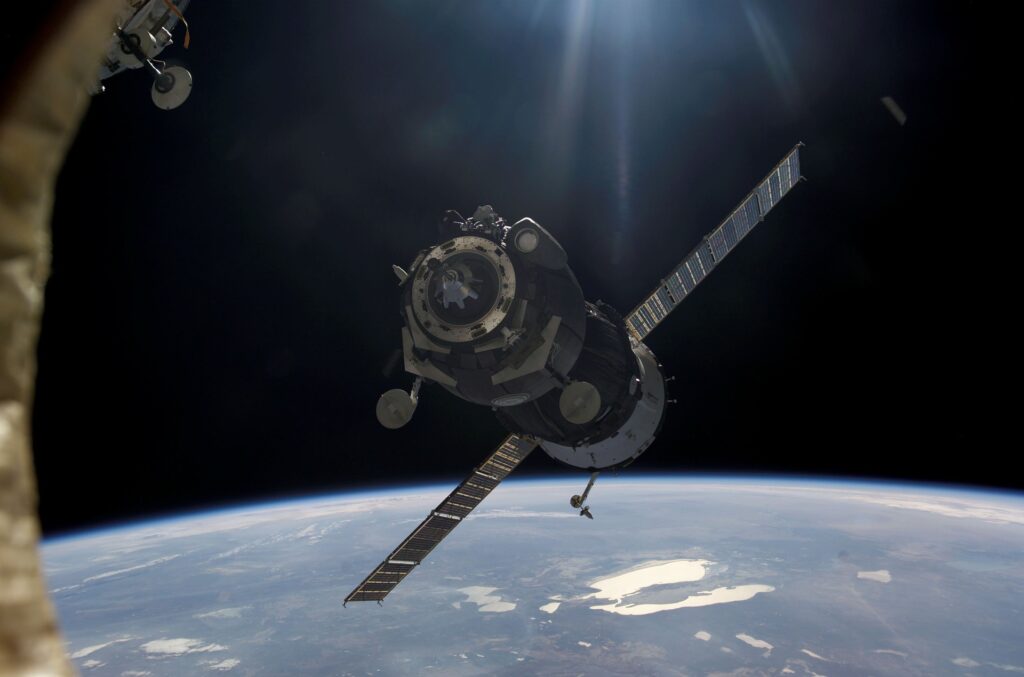
A record and a world-first for Christina Koch
Following in Elisa’s bold footsteps, the astronaut Christina Koch has set the new world record for the longest continuous time spent in space by a woman, wrapping up an historic 328-day mission aboard the International Space Station. Launched to the ISS in March 2019, she returned to Earth on 6 February 2020 aboard a Soyouz rocket, after 11 months and 5,248 orbits of Earth. Christina Koch will also go down in history as one of the women who participated in the first all-female spacewalk: on 18 October 2019, she and her fellow American Jessica Meier were tasked by NASA with replacing a failed power control unit outside the space station. The spacewalk, which had been postponed for a long time due to a lack of medium-sized spacesuits (an incident that speaks volumes!), is an exciting new step that illustrates NASA’s determination to give women a greater role in space missions. In another powerful sign that teams from the US space agency are opening up to women, the new class of astronaut candidates presented at the start of 2020 achieves an almost-perfect gender balance, with seven men and six women.
Female pioneers whose names we overlook
The history of aviation is full of passionate, bold, determined women who defied social conventions, sarcasm and danger to assert themselves in a male-dominated world. They also made extraordinary achievements, often overshadowed by those of their male counterparts, before falling into oblivion, in the vast majority of cases. So this is a fitting opportunity for ATR to pay tribute to them:
Thérèse Peltier
In July 1908, Thérèse Peltier was the first woman to fly as a passenger aboard an aeroplane, accompanying Delagrange. A few weeks later, she flew the plane herself, becoming the first woman in the world to do so, in September 1908.
Sabiha Gocken
The adopted daughter of Mustafa Kemal Atatürk, founder of the Republic of Turkey, Sabiha Goscken became the world’s first female fighter pilot in 1938, aged just 25.
Amelia Earhart
An American aviation pioneer born in Kansas, also known as Lady Lindy, she became the first female passenger to cross the Atlantic by plane, in 1928, and the first female aviator to fly solo across the Atlantic in 1932. She disappeared over the central Pacific Ocean on 2 July 1937.
Maryse Bastié
A well-known figure at the time, this female French aviator with an impressive list of international records under her belt has not been given the same place in history as her male counterparts such as Mermoz and Saint-Exupéry. In 1930 she spent 38 hours in flight, setting a new world record for both women and men. She made history by flying across the South Atlantic in 1936 in 12 hours and 5 minutes, going on to serve as a pilot in the French Air Force in 1939. In 1952, she set 10 world records in duration flying and distance.
Hélène Boucher
Once nicknamed “the quickest woman in the world”, this French pilot, who obtained her licence in 1931, excelled at aerobatics and showed great ability in speed races, flying Renault-powered Caudron aircraft. She held the international (male or female) record for speed in all categories in 1934, outperforming her male rivals. Her accidental death during a training flight, aged just 26, at the height of her fame, earned her the right to lie in state at Les Invalides. She was the first woman to receive such an honour.
Jacqueline Cochran
Born in 1906 in Florida, this American remains one of the great names in aviation. The first woman to break the sound barrier aboard a series aircraft, a Canadair Sabre, on 18 May 1953, she broke the speed record set by Jacqueline Auriol by flying at over 1,050 km/h.
Jacqueline Auriol
Jacqueline Auriol obtained her pilot’s licence in 1948. On 15 August 1953, she became the first European woman to break the sound barrier aboard a Mystère II, hot on the trail of Jacqueline Cochran, her American rival and the pilot with whom she disputed numerous speed records. On 20 April 1954, she earned her place at the French test pilot school (EPNER), graduating in 1955 as a certified test pilot.
Valentina Terechkova
On 16 June 1963, this Russian astronaut took her place aboard the Vostok 6 spacecraft. She then became the first woman to fly in space, making 48 orbits of Earth.
ATR and Generation Equality
This year, the UN gave pride of place to the theme of equality, marking International Women’s Day with an ambitious message aimed at the younger generations: “I am Generation Equality: For women’s rights and an egalitarian future”.
A core value shared by ATR, which has made recruiting more women one of the top priorities of its HR policy. Committed to working alongside the International Aviation Women’s Association (IAWA), ATR also drew up a partnership in 2019 with ENAC (France’s civil aviation university), with the goal of promoting professions in aerospace among young female engineers and continuing to recruit more young women to a range of positions within the company. In addition, the absolute need to safeguard inclusion and diversity is a mainstay of the managerial culture at ATR, at all levels. A guarantee of success, balance and creativity for our teams, aligned with the values that define ATR: ONE, Ambition, Trust and Respect.
Photo header: Amelia Earhart






